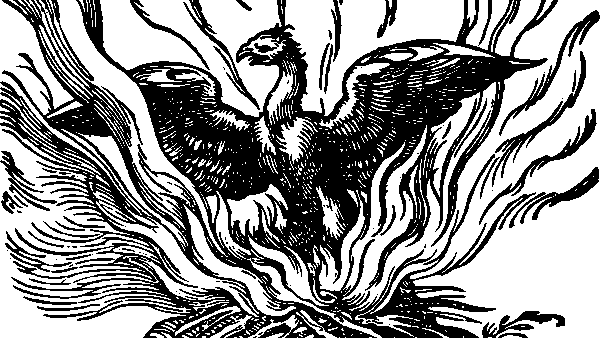 This was a very interesting collection of short stories from around Europe. There’s one piece from each country, so it really felt like a broad and varied collection rather than being weighted toward particular countries. One thing I didn’t like is that some of them were extracts from longer pieces, which I don’t think works very well. A short story is crafted specifically to fit that length; an extract from a novel, no matter how well-written, often feels dissatisfying to me because I feel as if I’m missing things by not reading the rest of it. Also I found it strange that, despite the 2010 in the title, the stories themselves were written between 2006 and 2009. I suppose it doesn’t really matter, but I like the idea of surveying the best things written in one particular year. The 2010 just means that this is the inaugural edition of what will be an annual collection.
This was a very interesting collection of short stories from around Europe. There’s one piece from each country, so it really felt like a broad and varied collection rather than being weighted toward particular countries. One thing I didn’t like is that some of them were extracts from longer pieces, which I don’t think works very well. A short story is crafted specifically to fit that length; an extract from a novel, no matter how well-written, often feels dissatisfying to me because I feel as if I’m missing things by not reading the rest of it. Also I found it strange that, despite the 2010 in the title, the stories themselves were written between 2006 and 2009. I suppose it doesn’t really matter, but I like the idea of surveying the best things written in one particular year. The 2010 just means that this is the inaugural edition of what will be an annual collection.
The stories gave me some really interesting ideas. They were so varied in style and subject matter, and even the ones I didn’t like at least had a fresh and interesting style. Nothing was boring or predictable – I didn’t enjoy all of the stories, but never because it felt too similar to something I’d read before. Some of my favourites were:
Bulbjerg by Naja Marie Aidt (Denmark): an idyllic family walk in the countryside that quickly becomes nightmarish – they get lost, the boy falls off his bike and is seriously injured, the husband confesses to an affair with the wife’s sister…
Resistance by Stephan Enter (Netherlands): reminiscence about a childhood chess teacher, which really captured well the dynamics of boyhood, the difficulty of escaping from the group mentality, the ease of going along with the crowd rather than standing up for a teacher who is different, better, but easy to mock.
Friedmann Space by Victor Pelevin (Russia): clever satire of the greed, chaos and corruption of post-Soviet Russia, in which the phrase “money attracts money” is taken literally and a character goes around Moscow carrying thousands of dollars of cash and ends up finding a lot more. I liked how the writer used the language of science to add a faux seriousness to a comic tale.
I also appreciated the useful information at the back of the book: very full author bios/personal statements, translator bios, and a list of online resources for literature in each of the European countries featured in the collection. I can’t recommend all the stories in the collection, but the book overall was worth reading. I will definitely be reading the 2011 edition.



There is 1 comment